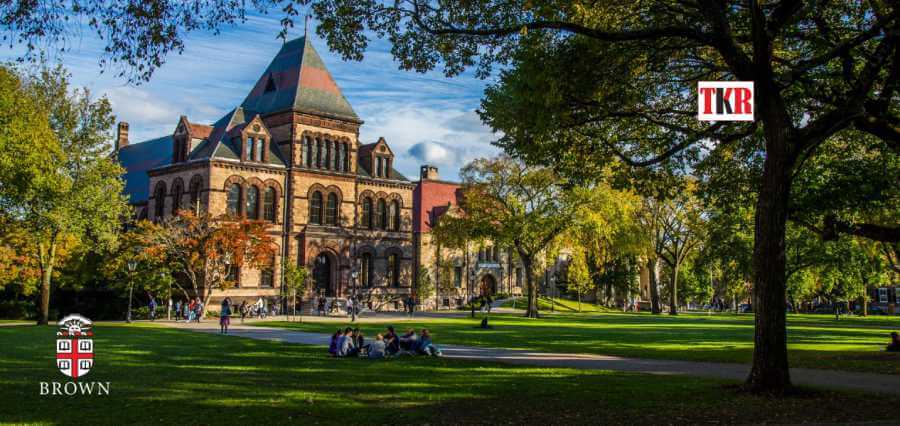By including a new clause that safeguards castes against oppression, Brown University has made history as the first Ivy League institution to publish modifications to its anti-discrimination policy.
In a press release, the school claimed that the new clause that outlaws caste oppression is an effort to highlight the importance of safety for members of the university’s community as well as to promote awareness about structural inequality.
Sylvia Carey-Butler, vice president for institutional equity and diversity, who created the new policy, stated, “Our non-discrimination policies exist to ensure we’re protecting people and to ensure the University environment is free of hurt and harm. We have a long-standing commitment to this work, and it is ingrained into the fabric of who we are.”
The fact that Brown is the first Ivy League school to include caste in its anti-discrimination policy, according to Carey-Butler, is a significant advance “both symbolically and practically.”
According to her, because of the country’s expanding South Asian population, racism on university campuses is a problem that is getting worse. The university’s press announcement said a group of Brown University students assisted Carey-Butler in making the policy change public by presenting their research on caste prejudice in the spring of this year.
Students claim that institutional backing and overt acknowledgement of caste prejudice give caste oppression experiences legitimacy and provide a platform for reporting events.
Students claimed in a statement that many caste-oppressed people keep their caste identification a secret out of fear of being treated unfairly. Since the university’s non-discrimination policy has changed, Brown students who keep their caste status a secret are now permitted to report and discuss their experiences.
Founded in 1764, Brown University is a top research institution with 7,043 undergraduate students as well as distinguished faculty from all over the world.
The Brown Corporation Policy Statement on Equal Opportunity, Non-discrimination, and Affirmative Action was changed last autumn by a vote of the university’s governing body, the Corporation.
Casteist Experience in the US
A social structure known as the caste system, which has its roots in ancient India, historically divided people into groups based on their occupation and moral obligations. It developed through time to categorise a person’s level of “spiritual purity” at birth, which in turn determined everything from that person’s social standing and line of work to their diet and spouses. A group that currently calls itself Dalits is at the bottom of that social ladder, regarded as being so low that they are excluded from the old hierarchy and assigned to the poorest tasks in society.
Despite being illegal in India and other South Asian nations, the caste system and caste-based discrimination nevertheless exist in society. Both in India and other countries, Dalits and members of other oppressed classes frequently suffer difficulties. Caste prejudice and discrimination within the US stand to get worse as Indians become one of the major groups of recent immigrants.
Caste-oppressed students at US colleges and universities have said that they have experienced slurs, microaggressions, and social exclusion on campus due to their caste identities. Caste-oppressed students at US tech companies, which employ a high concentration of South Asian workers, have struggled with issues of caste in recent years.
Given that these dynamics play out among people of the same racial and ethnic group, those outside of South Asian communities frequently have no understanding of how they work. People who are caste-oppressed in environments like college campuses have few options as a result.
Brown’s most recent action seeks to remedy it. According to a university news release, a group of Brown students collaborated with officials to enact caste-specific protections, which they said: “legitimise caste-oppressed experiences and give a framework for reporting events.”









